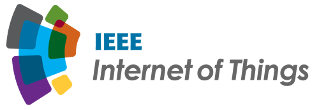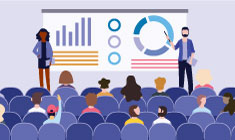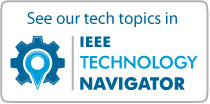What's New
IEEE WF-IoT 2024
The 10th anniversary of the World Forum on the Internet of Things (WF-IoT 2024) marks a significant milestone for this distinguished IEEE IoT conference. WF-IoT seeks submissions and proposals for original technical papers and presentations that address the Internet of Things.
Upcoming Training

All About IoT Security
The IEEE IoT Technical Community partnered with IEEE Educational Activities to develop a 6-course program designed to provide learners with a broad overview of IoT security by starting with challenges such as malware and botnets followed by vulnerabilities, network monitoring, setting up of testbeds, and application of blockchain in IoT security.
Upcoming Events
New Webinar!
Participate in the Distinguished IoT Webinar, “QoS-Aware Resource Allocation in Internet of Drones” on 12 April 2024.











